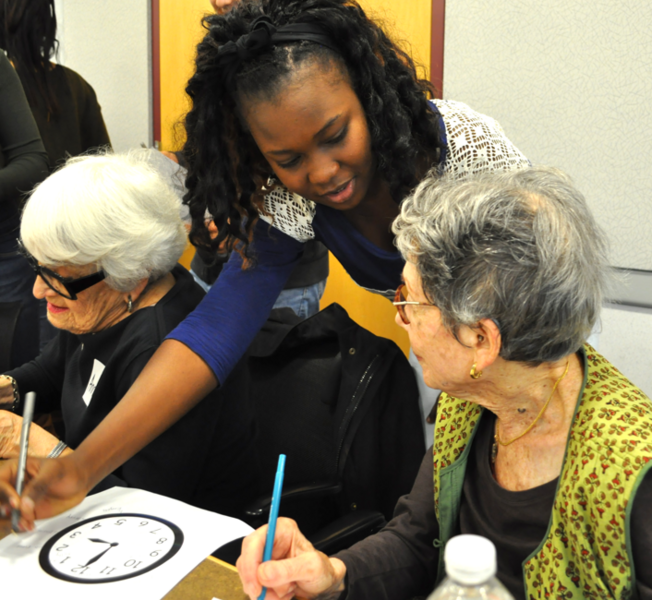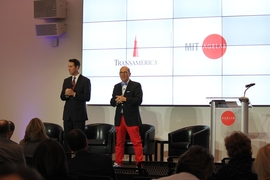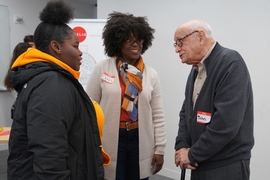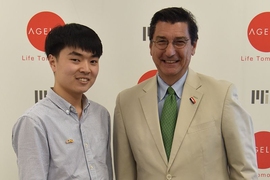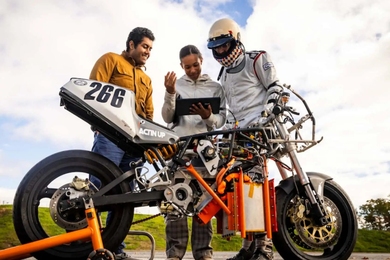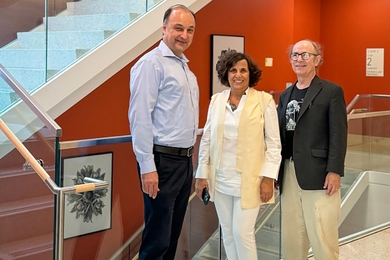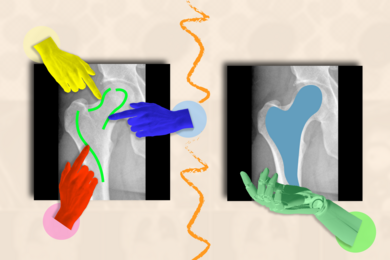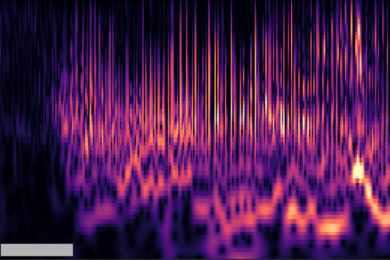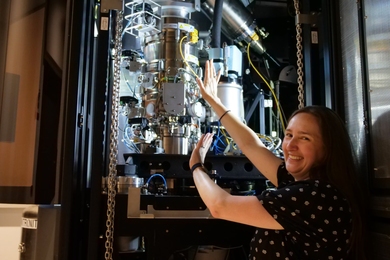Collective disruption to our schools, work, and play, along with a heightened awareness of what it means to worry about our close ties with others, add up to fuel for sparking a movement. Just a few days ago, most high school students were in school, looking forward to spring break, graduation, and dreaming about plans for the summer. In light of Covid-19 outbreaks across the globe, many of those plans have suddenly changed.
At the same time, older adults have found that their senior centers and social clubs have closed. Everyday public spaces, such as grocery stores, have become potentially dangerous places. Not only Covid-19, but social isolation is a major risk.
In a time of so much uncertainty and change, the mutually beneficial activities that foster connections between the old and young cannot stop now. They are more important than ever.
Connection between older and younger adults strengthens social bonds and community ties, facilitates the sharing of knowledge and wisdom, and reminds us that generational differences are often greater in theory than in practice. The MIT AgeLab helps to organize a program called OMEGA (Opportunities for Multigenerational Exchange, Growth, and Action), an initiative designed to foster multigenerational connections between high school students and older adults. But conventional thinking about intergenerational connection must change during a pandemic.
While it might not be possible to connect across generations in the usual ways, it doesn’t mean those connections need to stop entirely. Instead, now can be a time for new creative measures: Individuals need to support one another and to leverage technologies to support our relationships. It is now more important than ever to live up to the “mens et manus” (“mind and hand”) MIT motto. Here are some ways the AgeLab is thinking about to help keep generations connected for a better life tomorrow:
Mutual aid: Neighborhood apps like Nextdoor can connect you with neighbors nearby who may be worried about the risk of exposure to the virus in public spaces. With the app, you can volunteer to run an errand, such as grocery shopping. Additionally, with so many school districts shifting over to online learning, adults can offer virtual or phone tutoring to students who may need academic support. Both of these forms of intergenerational aid offer an opportunity to check in with each other and have a conversation.
Virtual performances: Do you have a hobby or skill like playing a musical instrument, speaking a foreign language, vlogging, cooking, etc., that you could share with someone in your life? Whether live or pre-recorded, virtual performances are a great opportunity to practice your talent while sharing the live energy with others.
Informal conversations: Whether it’s “old school” through the phone or live on a video chatting application, such as FaceTime, Skype, or Zoom, we can talk in real-time with others — or engage thoughtfully through social media. Consider using these formats to check in with folks, to share news or interesting information, or even to do an activity together, such as a puzzle, game, or book club discussion.
Video messages: Pre-recording digital video messages to share with people you can’t visit right now is a great way to let someone know you are thinking of them. You can get really creative with these, including how they are produced, what you discuss, and how many you collect from others.
Physical distancing doesn’t have to mean social disconnection, and all generations can play a key role in taking action. The movement doesn’t have to stall because of Covid-19; instead, it is more important than ever.
The MIT AgeLab’s OMEGA Project, sponsored by Five Star Senior Living, is an initiative designed to strengthen multigenerational relationships and spark brainstorming for student-championed programming ideas and activities that connect high school students with older adults. The 2020 OMEGA Scholarship application is now available for high school students who have led intergenerational efforts in their own communities.
Need advice about running an intergenerational activity during this period of social distancing? Get in touch virtually with an AgeLab researcher at omegamit@mit.edu.
